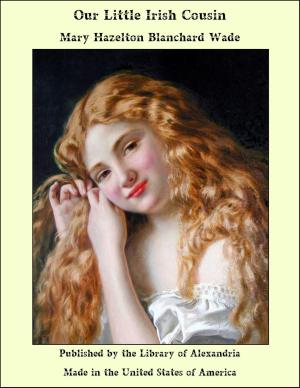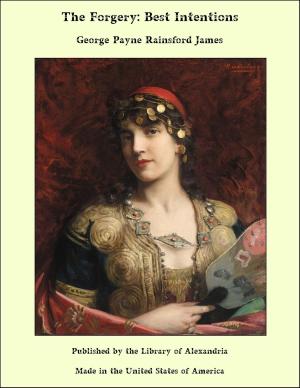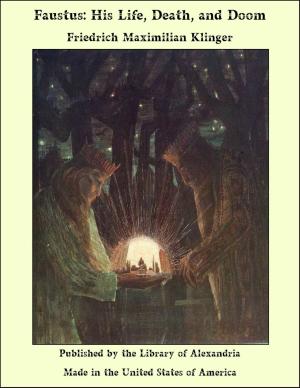| Author: | Owen Johnson | ISBN: | 9781465603005 |
| Publisher: | Library of Alexandria | Publication: | March 8, 2015 |
| Imprint: | Language: | English |
| Author: | Owen Johnson |
| ISBN: | 9781465603005 |
| Publisher: | Library of Alexandria |
| Publication: | March 8, 2015 |
| Imprint: | |
| Language: | English |
One Sunday in March they had been marooned at the club, Steingall the painter and Quinny the illustrator, and, having lunched late, had bored themselves separately to their limits over the periodicals until, preferring to bore each other, they had gravitated together in easy arm-chairs before the big Renaissance fireplace. Steingall, sunk in his collar, from behind the black-rimmed spectacles, which, with their trailing ribbon of black, gave a touch of Continental elegance to his cropped beard and colonel's mustaches, watched without enthusiasm the three mammoth logs, where occasional tiny flames gave forth an illusion of heat. Quinny, as gaunt as a militant friar of the Middle Ages, aware of Steingall's protective reverie, spoke in desultory periods, addressing himself questions and supplying the answers, reserving his epigrams for a larger audience. At three o'clock De Gollyer entered from a heavy social performance, raising his eyebrows in salute as others raise their hats, and slightly dragging one leg behind. He was an American critic who was busily engaged in discovering the talents of unrecognized geniuses of the European provinces. When reproached with his migratory enthusiasm, he would reply, with that quick, stiffening military click with which he always delivered his bons mots: "My boy, I never criticize American art. I can't afford to. I have too many charming friends." At four o'clock, which is the hour for the entrée of those who escape from their homes to fling themselves on the sanctuary of the club, Rankin, the architect, arrived with Stibo, the fashionable painter of fashionable women, who brought with him the atmosphere of pleasant soap and an exclusive, smiling languor.
One Sunday in March they had been marooned at the club, Steingall the painter and Quinny the illustrator, and, having lunched late, had bored themselves separately to their limits over the periodicals until, preferring to bore each other, they had gravitated together in easy arm-chairs before the big Renaissance fireplace. Steingall, sunk in his collar, from behind the black-rimmed spectacles, which, with their trailing ribbon of black, gave a touch of Continental elegance to his cropped beard and colonel's mustaches, watched without enthusiasm the three mammoth logs, where occasional tiny flames gave forth an illusion of heat. Quinny, as gaunt as a militant friar of the Middle Ages, aware of Steingall's protective reverie, spoke in desultory periods, addressing himself questions and supplying the answers, reserving his epigrams for a larger audience. At three o'clock De Gollyer entered from a heavy social performance, raising his eyebrows in salute as others raise their hats, and slightly dragging one leg behind. He was an American critic who was busily engaged in discovering the talents of unrecognized geniuses of the European provinces. When reproached with his migratory enthusiasm, he would reply, with that quick, stiffening military click with which he always delivered his bons mots: "My boy, I never criticize American art. I can't afford to. I have too many charming friends." At four o'clock, which is the hour for the entrée of those who escape from their homes to fling themselves on the sanctuary of the club, Rankin, the architect, arrived with Stibo, the fashionable painter of fashionable women, who brought with him the atmosphere of pleasant soap and an exclusive, smiling languor.















